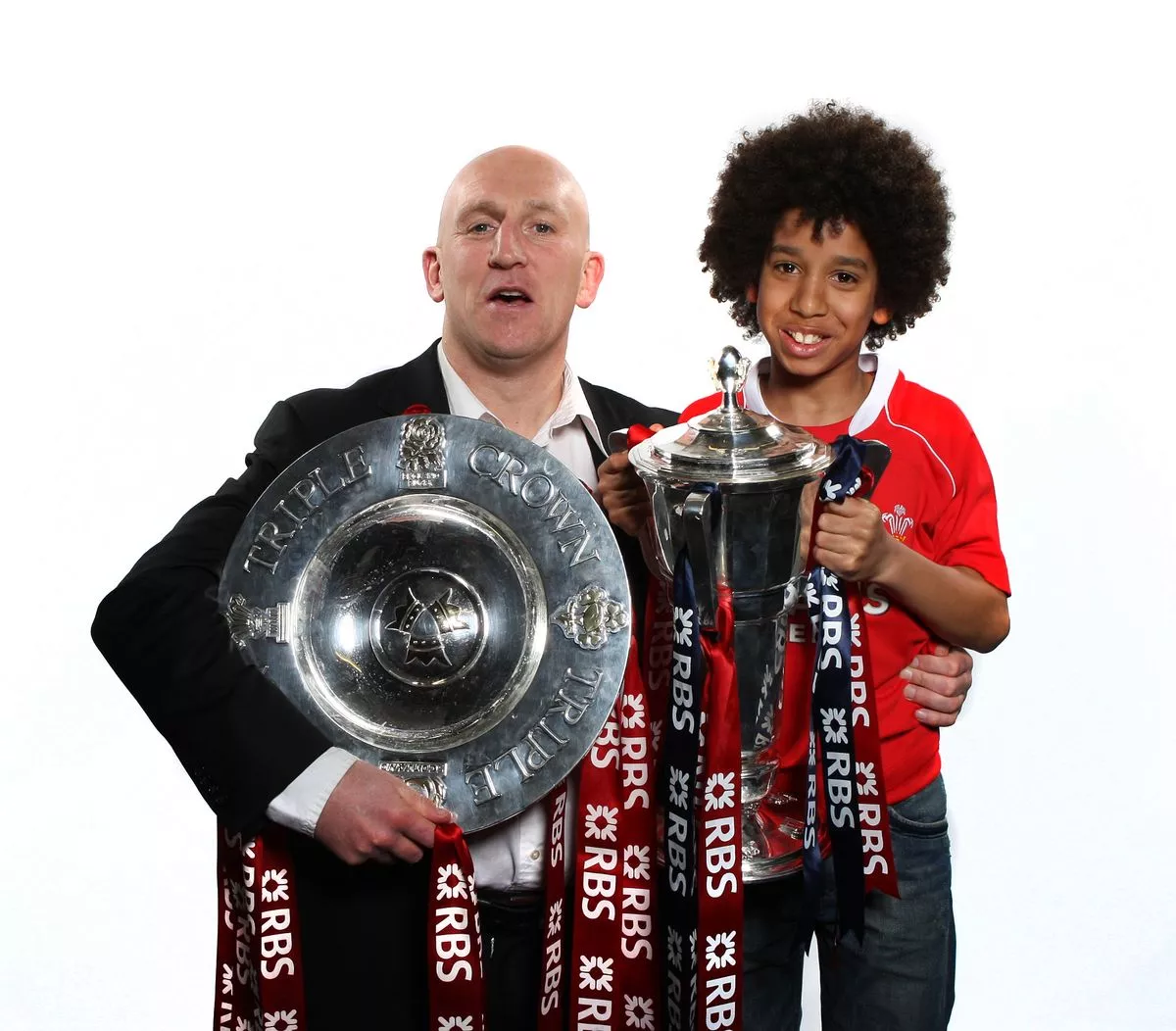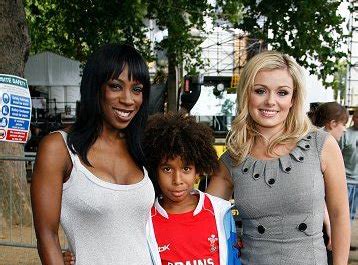February 29th: Today’s Feature
- webbworks333
- Feb 29, 2024
- 5 min read
February 29th
Heather Margarita Small (born 20 January 1965) is a British soul singer and former lead vocalist of the band M People. Her subsequent debut solo studio album, Proud, was released in 2000.
Early life
Small was born in London and raised on a council estate in Ladbroke Grove, West London.

Career1987–1998: Hot House and M-People
Heather Small began her music career as a teenager when she joined the group Hot House as a singer. She gained recognition as the studio singer for the re-recorded version of "Ride on Time" by Black Box, becoming one of the most easily identifiable voices of the 90s.
A chance encounter with Manchester DJ Mike Pickering, formerly of Quando Quango, proved to be a turning point for Small. This meeting led to her involvement with the group M People, resulting in the sale of over 10 million albums worldwide. M People achieved significant success with hit songs like "Moving On Up," "One Night In Heaven," and "Search for the Hero."
Small's talent extended beyond her work with M People. In 1997, she participated in the charity release "Perfect Day" for Children in Need, alongside renowned artists such as Tom Jones and Lou Reed. The song sold over a million copies and topped the UK charts for three weeks.
Following the release of The Best of M-People in 1998, Small and the group took a break to pursue individual projects.
After the birth of her son, James, with rugby player and coach Shaun Edwards, she released a solo album, Proud. James is now the Labour party candidate for Bayswater ward in Westminster, and is on Labour’s Future Candidates Programme.
Family Life, Social Culture & Outlook
Ensuring that my son, James, embraced both his Bajan heritage and his father's white, working-class, northern upbringing was of utmost importance to me. By taking him to Barbados, I had the opportunity to expose him to a world where women who resembled his mother, grandmother, and aunt were engaged in a wide range of activities, from serving as judges in courtrooms to diligently sweeping the roads.
Although racism continues to persist, it was even more prevalent and unapologetic during my own childhood in the 1970s. I faced blatant acts
of racism on a regular basis, with people openly expressing their discriminatory views. As a mother, it is my responsibility to equip James with the necessary tools to navigate through adversity. If anyone were to tell him to "go home," I want him to confidently respond by saying, "Sure, I'm heading to Maida Vale right now." Reflecting on my own experiences as a young girl, I often questioned whether I truly belonged. Racism serves as a constant distraction, consuming valuable time that could be better spent on finding my own sense of belonging.
During James' time at preschool, he found himself in a unique situation as one of only two black boys in the class. However, this uniqueness was not always recognised by the teachers. On one occasion, a teacher mistakenly called my son by the other boy's name, highlighting a lack of attention to detail and an assumption that they were interchangeable. This incident, along with other factors, led to James not staying at that preschool for long. Heather made it clear that she would not allow herself or her son to be categorised as second-class by anyone.
This mindset of not accepting being put in a second-class category extends beyond just race for Heather who also applies it to women and girls. Often, when women refuse to give away their power or assert themselves, they are seen as obstructive or not nice. However, she believes that being nice and conforming to societal expectations of beauty should not be the priority. Instead, she encourages women to sharpen their elbows, stand their ground, and embrace their true selves.
In the 90s, Heather observed a trend where some women were mimicking what was considered masculine behaviour as a way to assert themselves. The Ladette culture. While she respected those who genuinely felt that this behaviour aligned with their true selves, she also recognised that everyone doing it was not being authentic. Her observation was not a judgment, but rather an observation that true power comes from understanding who you are and living by the ethics and standards you believe in.
The experience of being pregnant was a time when Heather felt truly special and beautiful. However, not everyone around her shared in this happiness. After her son, James, was born, she felt the pressure to continue as if she wasn't a mother, especially due to commitments with her music group, M-People, that needed to be fulfilled. Despite the challenges, she persevered and even brought James along on tour with her by the time he was just a few months old. She reflected that it was undoubtedly one of the most difficult things she’s done as a working mother, but the thought of doing it without him would have been even more painful.
Following the release of her solo album, Proud, two years later, Heather Small received an overwhelming response from her friends and industry peers. They were relieved to see that she had not given up on her singing career, despite the changes that had occurred. Heather's unwavering passion for her profession was evident, but what truly set her apart was her unwavering dedication to her son, James. She made no apologies for prioritising him above all else, and this was something that resonated deeply with her fans and admirers.
At home, Heather Small was simply a mother to James and not the renowned singer that the world knew her as. As James grew older, he discovered his mother's impressive achievements, such as winning a Mercury prize and Brit awards. Curious, he asked her where she kept these accolades. Heather's response was refreshingly humble - "They're in a cupboard." Unlike many artists who proudly line their walls or mantles with their awards, Heather saw no need to create a shrine to herself. This down-to-earth and practical approach has endeared her even more to her fans.
Despite parting ways from James' father, Rugby Coach, Shaun Edwards, Heather and Shaun both take immense pride in their son's accomplishments in the political world. Their support for James has been unwavering, and they have celebrated his achievements wholeheartedly. It seems evident that, despite their personal differences, they have always shared a common goal of nurturing and encouraging their son to remember where he came from and to reach his full potential.
People often asked Heather what she envisioned for James' future. Her response was always filled with hope and ambition - "A renaissance man." She believed in fostering a well-rounded individual who excelled in various fields. When James was just three years old, Heather asked him the same question, expecting a typical response like "A fireman." However, his answer surprised her - "King of the world, Mum!" In that moment, Heather realised that her nurturing had instilled a sense of limitless ambition in her son, and she couldn't be prouder.















